Electric Vehicle FAQs
Chevrolet Electric Vehicle FAQs
Electric vehicles (EVs) have become a top option for new car buyers. Innovative technology and a wide range of features make them appealing choices. EVs use several different terms than gas-powered vehicles, which can make it difficult to compare them. Our team is here to explain each term and highlight what our selection of Chevrolet EVs can do.
Most of the confusing terms associated with EV shopping can be easily explained by seeing the gas-powered equivalent. We'll show you the acronyms and details of EVs to ensure you feel confident while shopping for your next vehicle.
Translating EV Terms
Horsepower vs Kilowatts
Horsepower is a power rating for gas-powered vehicles, and EVs use kilowatts. Most websites will show the kilowatt rating alongside a horsepower equivalent, but not always. A kilowatt is roughly a third more powerful than one horsepower, meaning a 100-kilowatt motor sits around 134 horsepower.
Kilowatt-hours
A kilowatt-hour (kWh) describes the power over a period of time. This can be important when seeing how much it will cost to charge your electric vehicle. Kilowatt-hours are important to consider when building a cost analysis for your EV.
MPG vs MPGe
MPGe is one of the easier terms to understand. MPGe is a miles per gallon equivalent, allowing you to see how far you can go in your EV. One gallon of gas produces 115,000 BTUs, which can be made with 33.7 kWh of electricity. We can use this measurement to say that 33.7 kWh for 100 miles of driving will give you 100 MPGe.
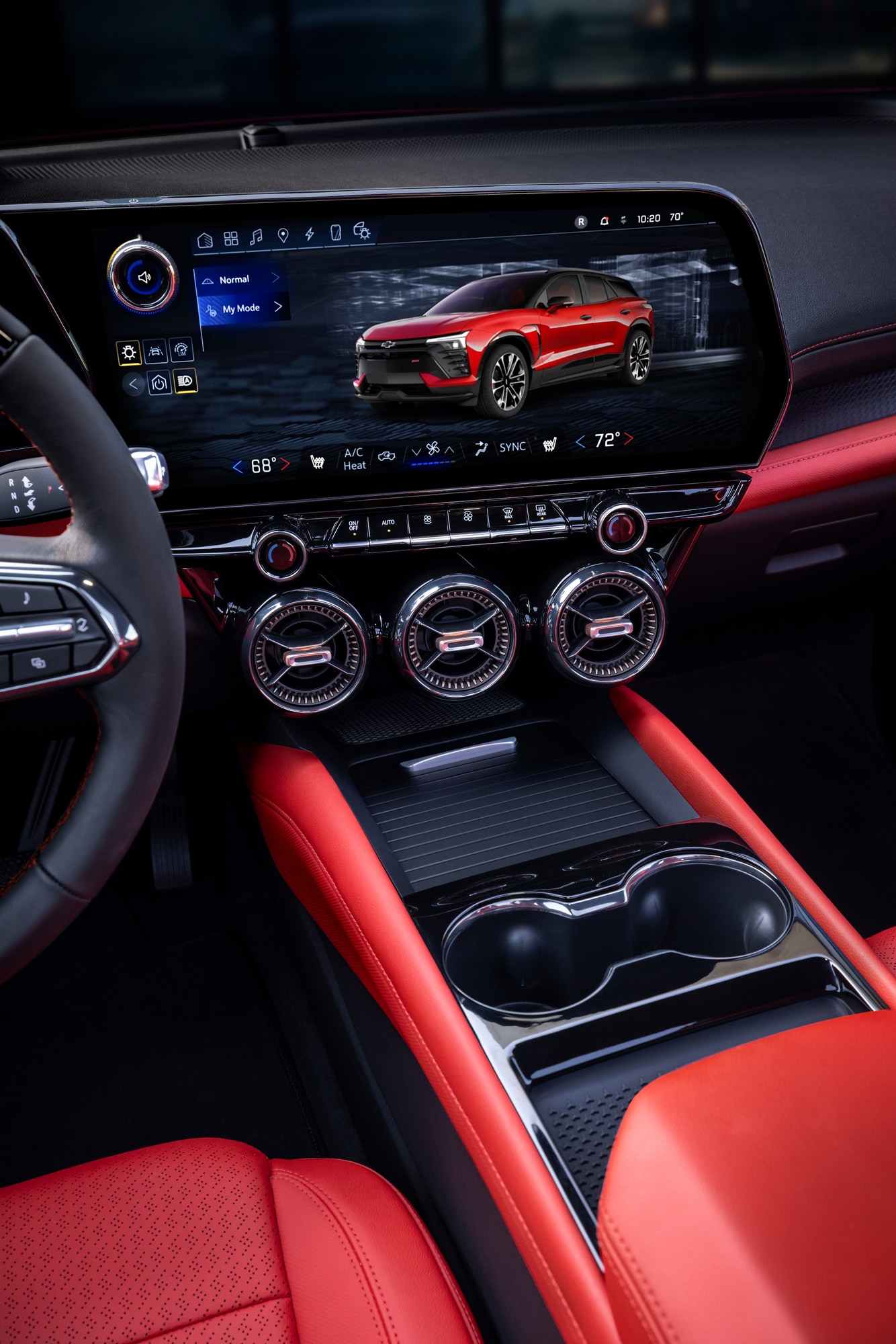
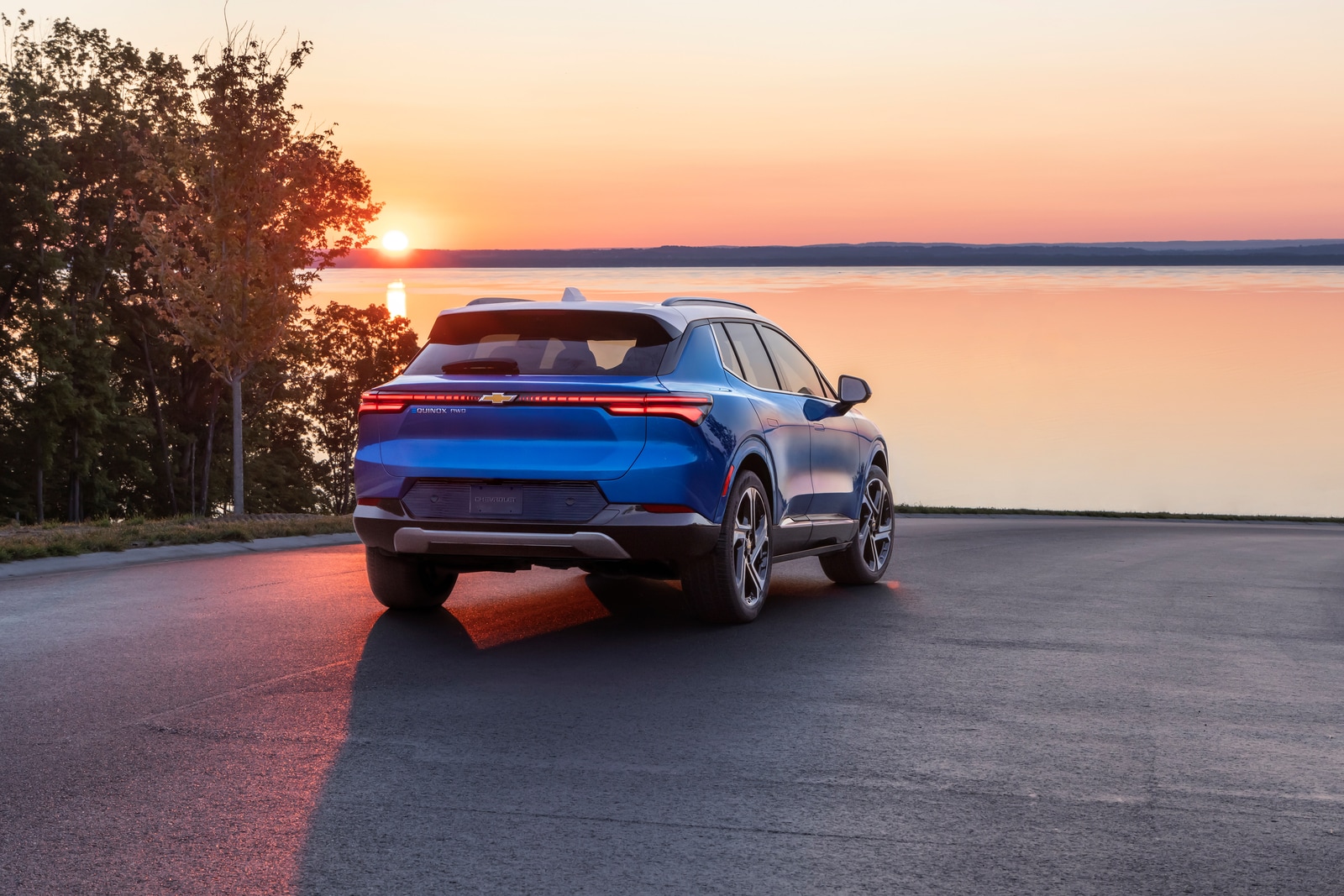
Including the Mining of Raw Materials and Manufacturing, are EVs Really Better for the Environment?
Studies have shown EVs to be better for long-term environmental impact. The International Council on Clean Transportation has found that manufacturing, packaging, material extraction, transportation, end-of-life, and use of your EV will have lower greenhouse gas emissions.
Are EVs Safe? Will they Catch Fire?
While EVs can catch fire, the National Fire Protection Association says that traditional gas-powered vehicles are more likely to catch fire than an EV. You should not consider an EV to be unsafe. Most EV fires draw attention because putting out the fire can take a lot of water and time. Innovative technology and battery construction make a battery fire less likely.
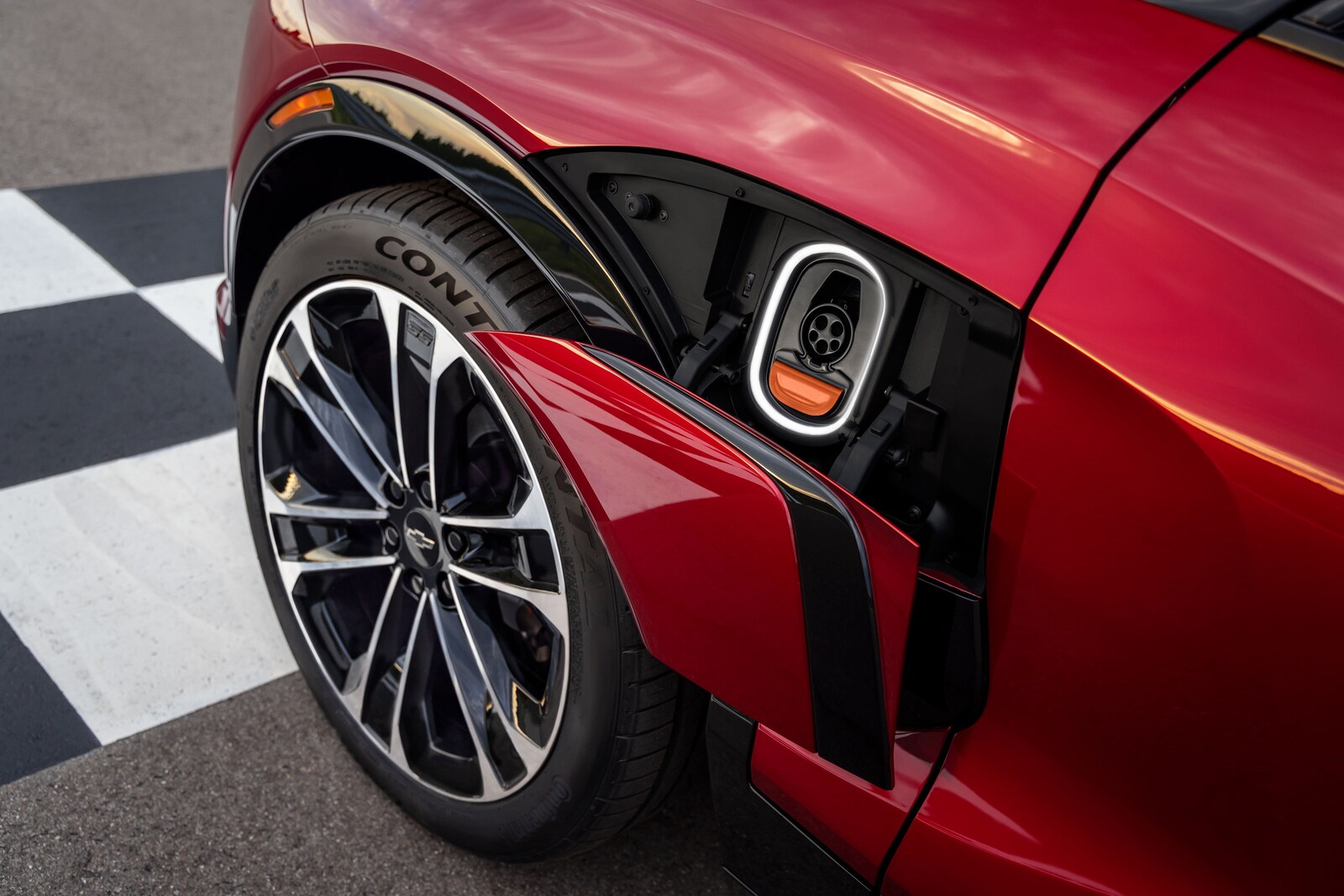
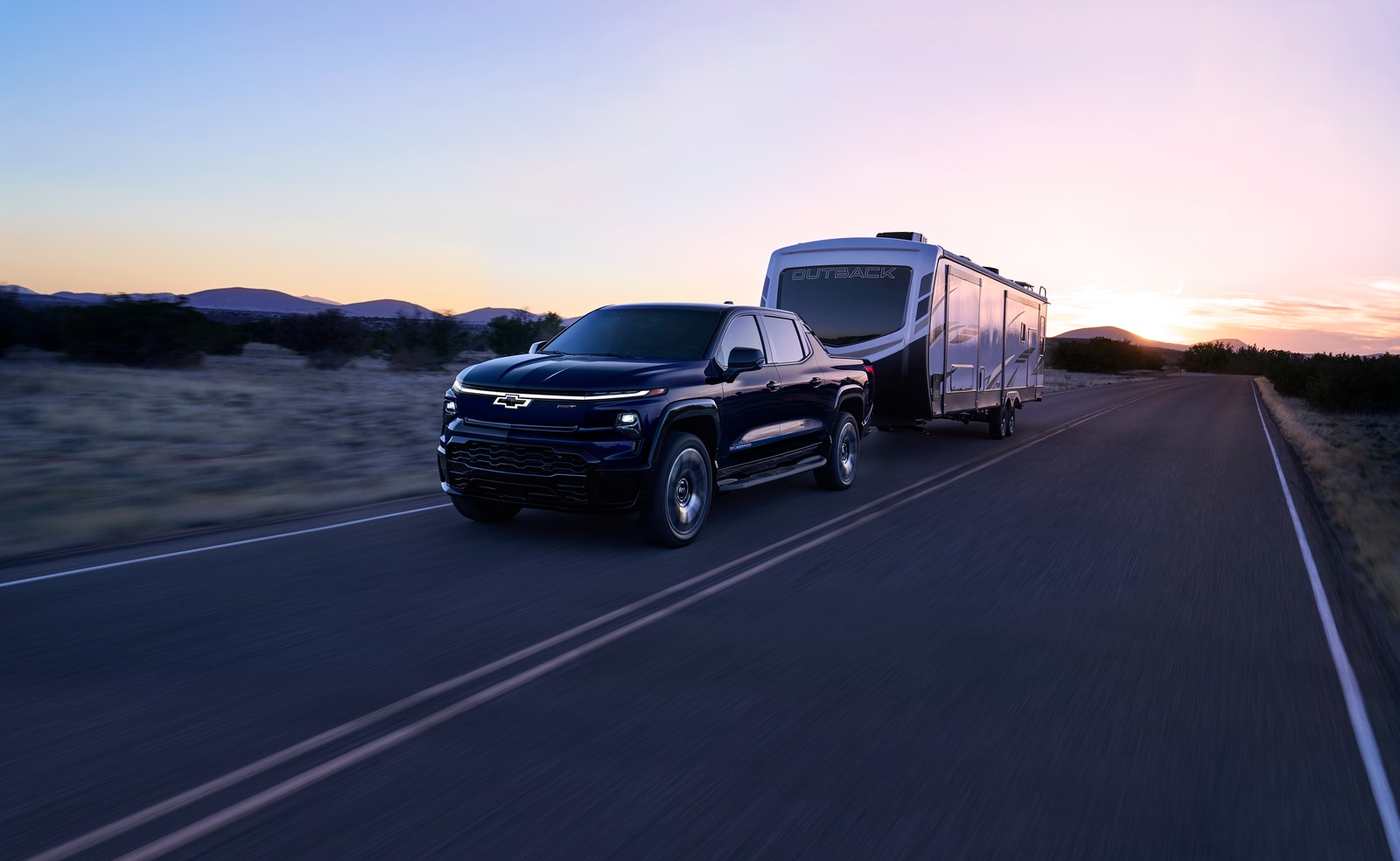
Do EVs Have a Long Enough Range for My Driving?
Range anxiety is a common trait among first-time buyers of an EV. The many charging options and impressive vehicle ranges help you find an option that suits your Wilmington lifestyle. Chevrolet EVs offer a variety of ranges, reaching up to 440 miles. Reach out to our team for more specific information about Chevy EV range.
What Are My Charger Options for Home Charging?
The included charging cable for your EV should be enough to tackle ordinary Wilmington commutes and errands. Level 2 charging can get your battery charged to full in just a few hours, but normal driving habits won't fully drain your battery very often.
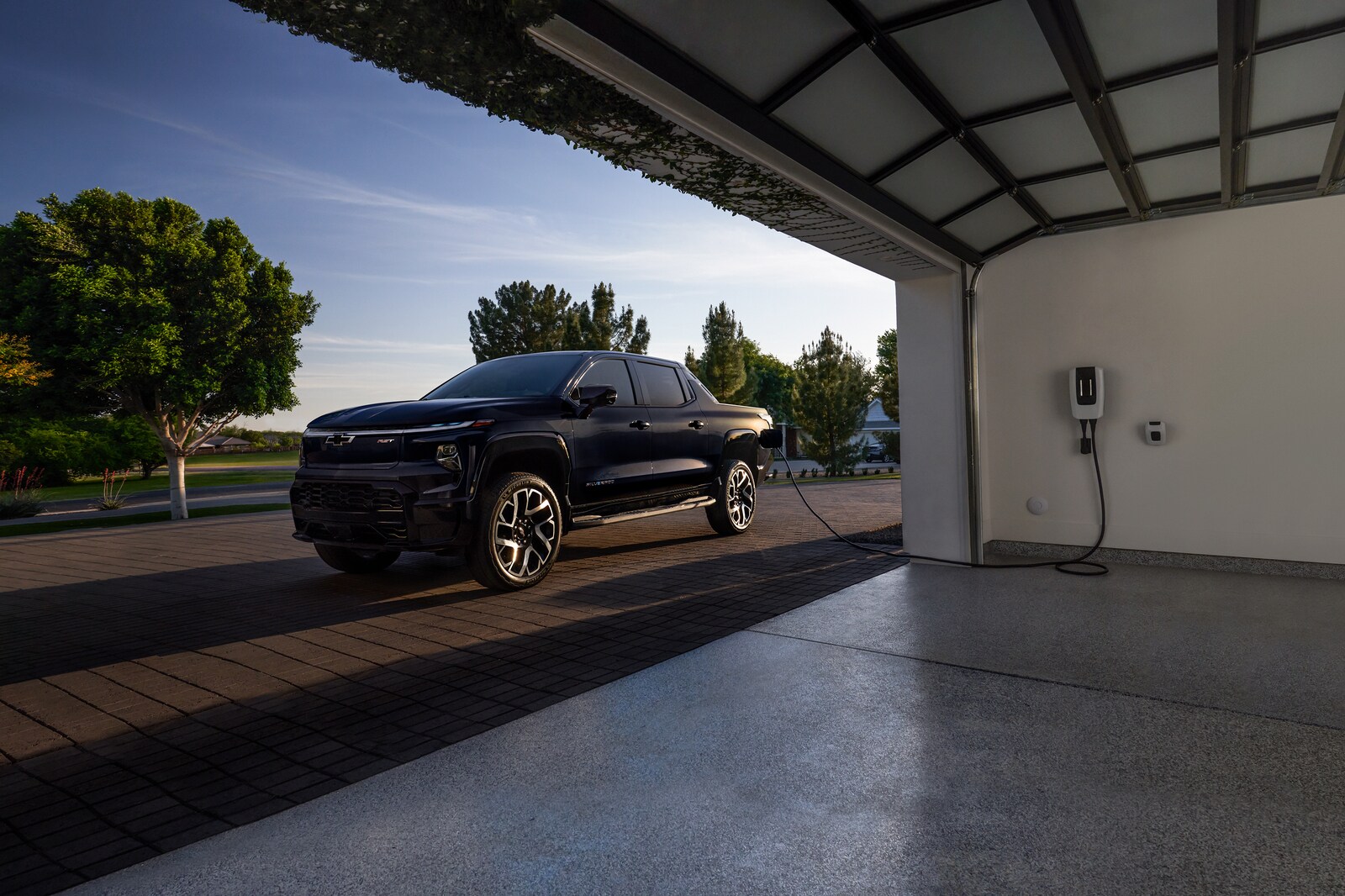
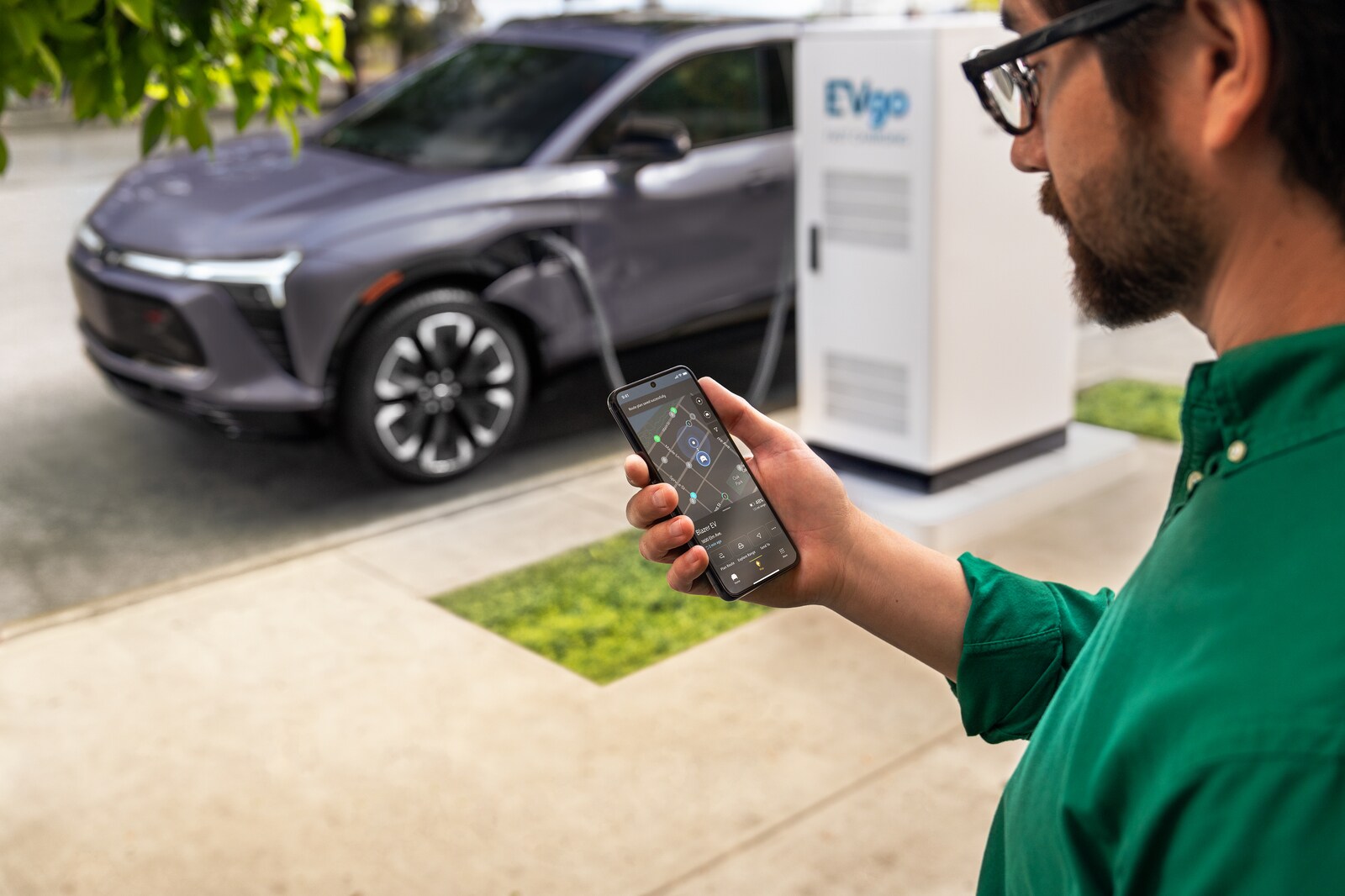
How Long Does it Take to Charge an EV?
Charging can vary based on several key factors. Level 1 charging cables are included with your EV, using a 120V outlet. Level 2 Charging uses a 240V outlet. Level 1 charging provides between two and five miles of charging per hour, while level 2 charging is roughly three times faster. Public DC rapid-charging stations are the fastest and can charge your vehicle in under an hour.
Want to Learn More About Chevy EVs? Our Team Can Help
While these are common questions about buying an EV, you might have others. Call or email our Wilmington team if you have any questions about Chevy EVs. Visiting our dealership allows you to speak with one of our professionals during a test drive, allowing you to experience the difference an EV can make.